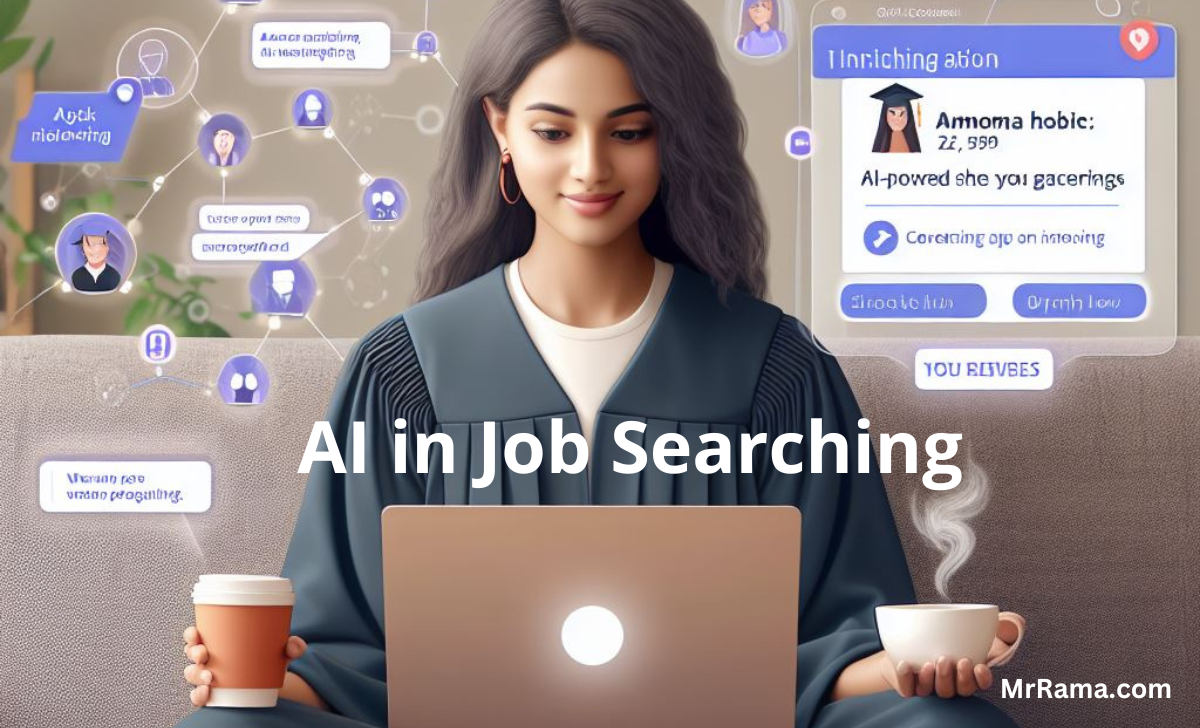|
Listen Now Our Blog Podcast
Getting your Trinity Audio player ready...
|
Introduction
In the dynamic landscape of corporate learning, Artificial Intelligence (AI) emerges as a transformative force, reshaping traditional paradigms and ushering in a new era of efficiency and effectiveness.
This article delves into the multifaceted ways in which AI is revolutionizing corporate learning, from personalized learning paths to fostering a continuous learning culture.
I. Personalized Learning Paths
Adaptive Learning Algorithms
AI’s adaptive learning algorithms analyze individual learning patterns, preferences, and performance metrics to tailor educational content dynamically. This ensures that each learner follows a unique and optimized path, maximizing comprehension and retention.
Tailoring Content to Individual Needs
Gone are the days of one-size-fits-all training modules. AI, through its data-driven insights, facilitates the customization of learning materials to meet the specific needs and learning styles of each employee.
Real-time Feedback and Adjustments
With AI, learners receive instantaneous feedback on their progress. This enables real-time adjustments to learning paths, addressing weaknesses promptly and reinforcing strengths for a more efficient learning journey.
II. Predictive Analytics for Skill Gaps
Utilizing Data for Skill Assessment
AI harnesses the power of predictive analytics to assess current skill sets and predict future needs. By analyzing employee performance data, organizations can identify skill gaps and proactively address them.
Identifying and Addressing Skill Deficiencies
Through AI-driven analytics, organizations can pinpoint specific skill deficiencies within their workforce. This enables targeted training interventions, ensuring that employees acquire the skills crucial for organizational success.
Enhancing Training ROI through Targeted Development
Predictive analytics not only identify skill gaps but also contribute to a higher return on investment (ROI) by directing resources toward training initiatives that align with organizational goals and individual career paths.
III. Virtual Reality (VR) and Augmented Reality (AR) Integration
Immersive Learning Experiences
AI, coupled with VR and AR technologies, creates immersive learning experiences. This allows employees to engage with content in a three-dimensional space, enhancing comprehension and retention through practical application.
Simulations for Practical Application
Simulations powered by AI simulate real-world scenarios, providing employees with a safe environment to apply theoretical knowledge. This bridges the gap between theoretical learning and practical implementation.
Bridging the Gap Between Theory and Practice
The integration of VR and AR in corporate learning ensures that theoretical knowledge is immediately applicable in real-world scenarios, fostering a deeper understanding and mastery of skills.
IV. Natural Language Processing (NLP) in Learning
Conversational Learning Platforms
NLP enables the development of conversational learning platforms, where employees interact with AI-driven systems in a natural language format. This fosters a more engaging and intuitive learning experience.
Interactive Language-Based Assessments
Language-based assessments, powered by NLP, evaluate not just factual knowledge but also language skills. This ensures a comprehensive evaluation of an employee’s ability to communicate effectively in a professional setting.
Facilitating Language Skills Development
With NLP, corporate learning extends beyond technical skills, encompassing the development of effective communication skills crucial for professional success in a globalized business environment.
V. Gamification for Engagement
Incorporating Game Elements in Learning Modules
Gamification injects elements of competition and reward into learning modules, transforming mundane tasks into engaging challenges. This not only motivates employees but also enhances their overall learning experience.
Fostering Healthy Competition Among Learners
By introducing gamified elements, organizations encourage healthy competition among employees. This not only boosts individual performance but also creates a collaborative learning environment.
Increasing Motivation and Retention
Gamification strategies, supported by AI, increase learner motivation and, consequently, information retention. The element of fun and reward associated with learning tasks makes the process more enjoyable and memorable.
VI. Chatbots for Instant Support
24/7 Learning Assistance
AI-powered chatbots provide around-the-clock learning assistance, ensuring that employees can access support whenever they need it. This instant availability enhances the efficiency of the learning process.
Personalized Guidance and Recommendations
Chatbots, leveraging AI, offer personalized guidance based on individual learning histories. This tailored approach enhances the effectiveness of learning support, addressing specific queries and concerns.
Alleviating Learner Frustrations Through Immediate Responses
Immediate responses from AI-driven chatbots alleviate learner frustrations associated with unanswered questions or challenges. This fosters a positive learning experience and promotes a proactive approach to overcoming obstacles.
VII. Blockchain for Secure Credentialing
Ensuring the Authenticity of Certificates
Blockchain technology guarantees the authenticity of certificates and credentials earned through corporate learning programs. This secure and tamper-proof system enhances the credibility of employee qualifications.
Immutable Records of Learning Achievements
Blockchain’s immutability ensures that learning achievements are recorded accurately and cannot be altered. This provides a transparent and reliable record of an employee’s skills and qualifications.
Streamlining Verification Processes for Employers
Employers benefit from blockchain’s efficiency in verifying employee credentials. This streamlines recruitment processes, saving time and resources while ensuring the qualifications of potential hires.
VIII. Collaborative Learning Platforms
AI-driven Team Building and Collaboration
AI fosters collaboration by analyzing individual strengths and weaknesses, facilitating the formation of diverse and complementary teams. This ensures that collaborative learning is not just a concept but a reality where employees contribute their unique skills for collective success.
Facilitating Peer-to-Peer Knowledge Exchange
Collaborative learning platforms powered by AI encourage peer-to-peer knowledge exchange. This not only broadens the collective knowledge base but also promotes a culture of continuous learning within the organization.
Enhancing Social Learning Experiences
AI identifies common interests and learning preferences among employees, creating a more personalized social learning experience. This encourages networking and the exchange of ideas, fostering a vibrant learning community.
IX. Continuous Learning Culture with AI
Encouraging Lifelong Learning Mindset
AI promotes a lifelong learning mindset by providing employees with personalized learning experiences throughout their careers. This cultural shift ensures that employees remain adaptable and continuously acquire new skills.
AI-driven Professional Development Plans
Individualized professional development plans, crafted by AI, align with employees’ career goals and organizational needs. This targeted approach enhances the relevance and effectiveness of learning initiatives.
Adaptive Training Programs for Evolving Skill Requirements
In a rapidly changing business landscape, AI continuously adapts training programs to align with evolving skill requirements. This dynamic approach ensures that employees stay ahead in their respective fields.
Conclusion
As AI continues to reshape the corporate learning landscape, organizations must embrace these transformative technologies to stay competitive in today’s fast-paced business environment.
From personalized learning paths to fostering a continuous learning culture, the integration of AI in corporate training is not just a trend but a strategic imperative for success.
By leveraging these advancements, companies can cultivate a workforce that is not only well-equipped with the necessary skills but also poised for continuous growth and innovation.




